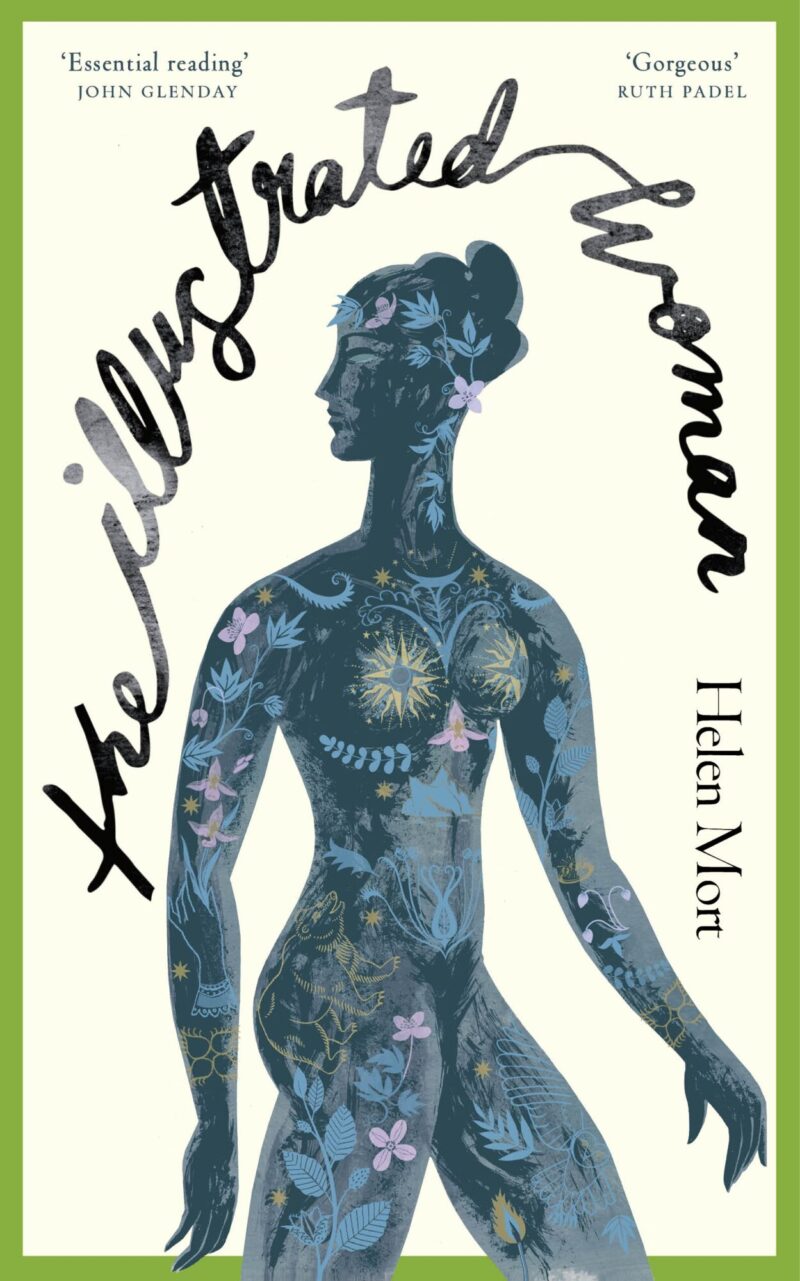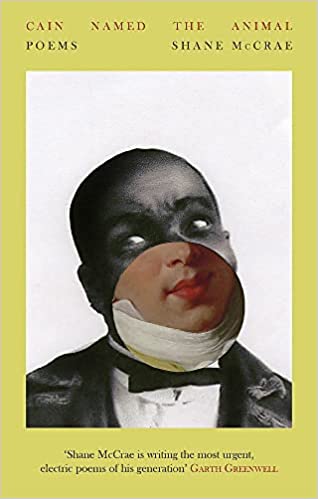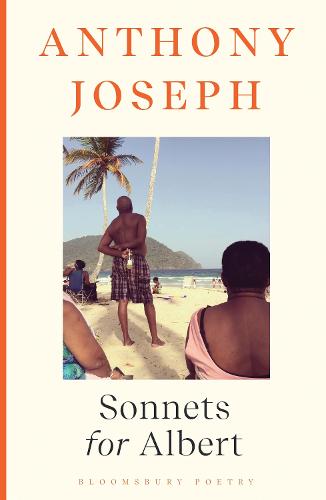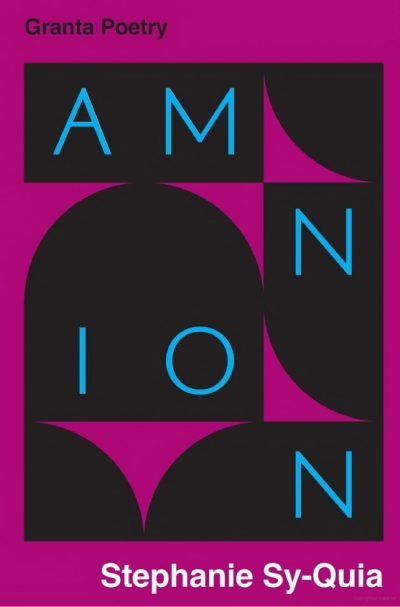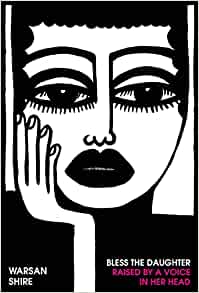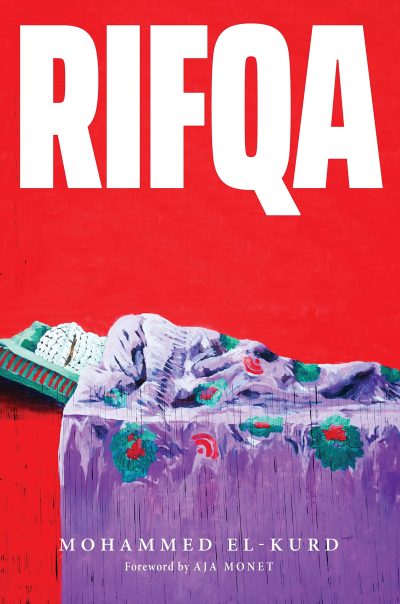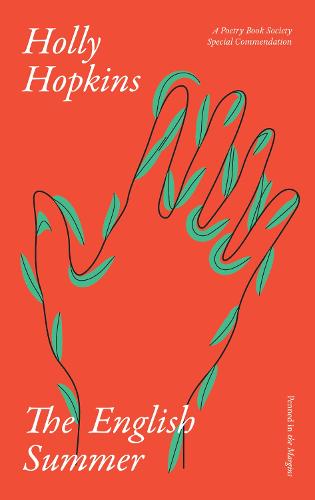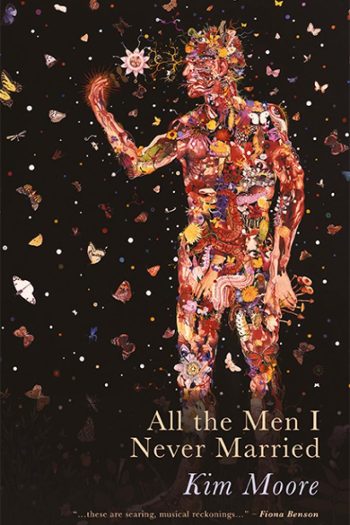The Illustrated Woman (SHORTLISTED, FORWARD PRIZE FOR BEST COLLECTION)
I picked up this title initially because I still blanche whenever my daughter shows me her new tattoos; but I also heard Helen Mort’s very interesting exchange with Lou Hopper about ‘getting inked’ on Radio 4’s One to One in February last year. Mort is, of course, an award-winning poet that is based in Sheffield and whose interests take in an astonishing range–mountain climbing, trail running, northern cites, conflict and motherhood—all handled with a sure and delicate lyricism, and a poet’s ear for the cadence and fall of the line. So The Illustrated Woman promised much.

